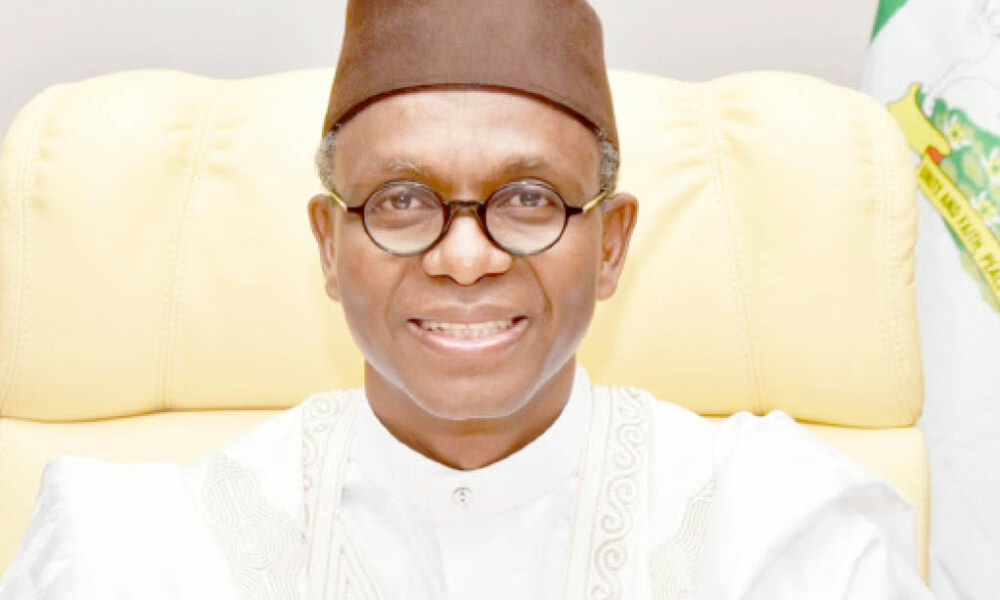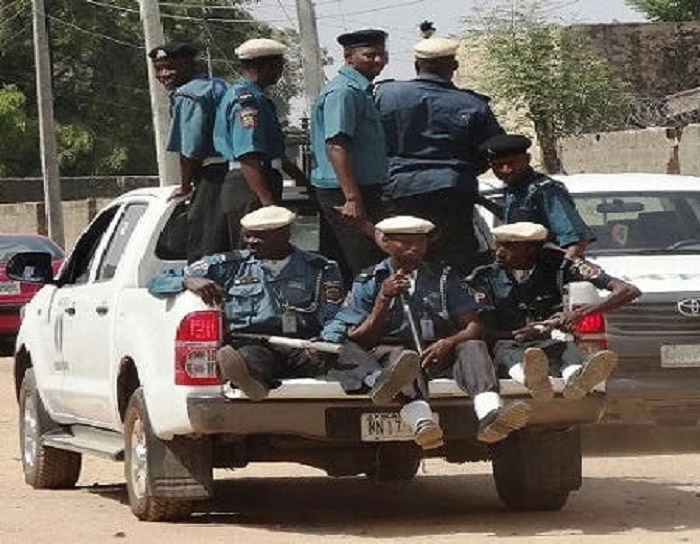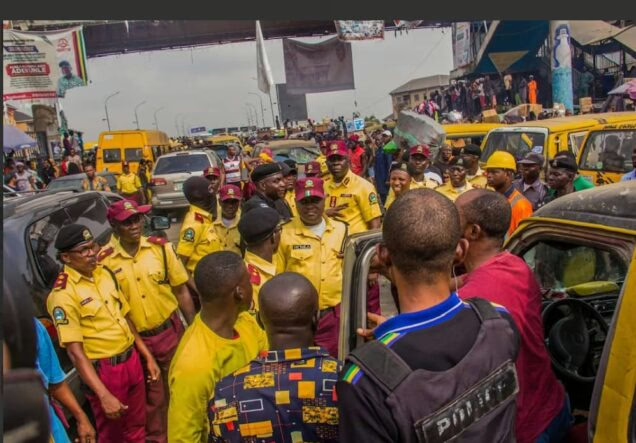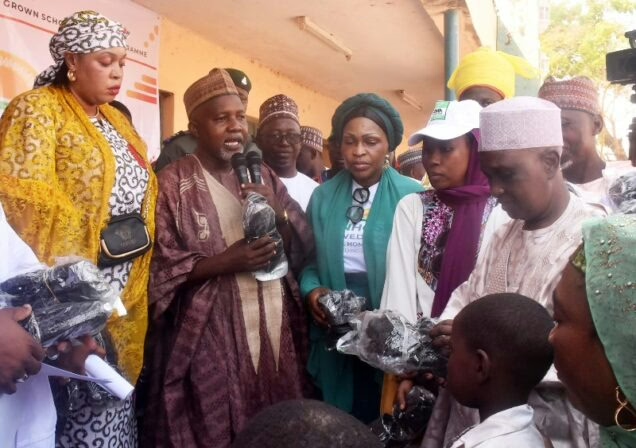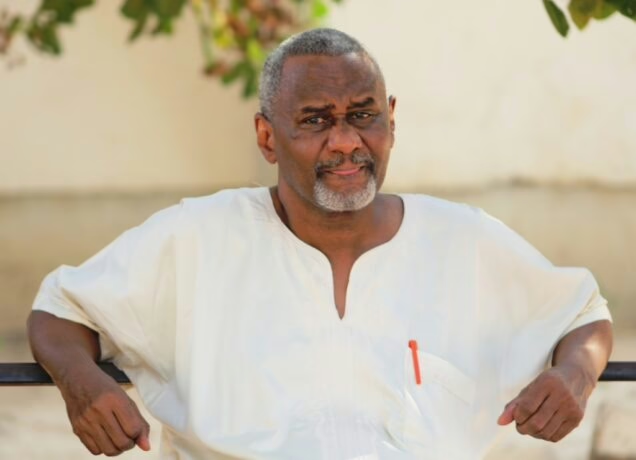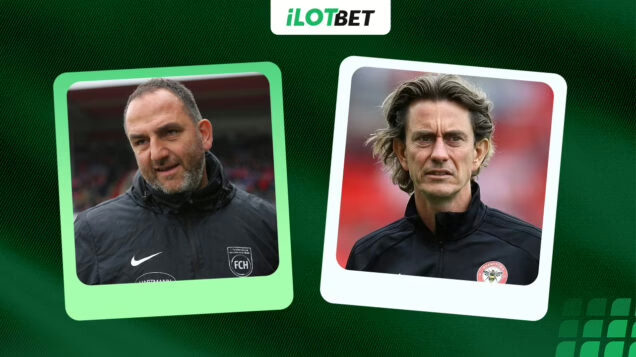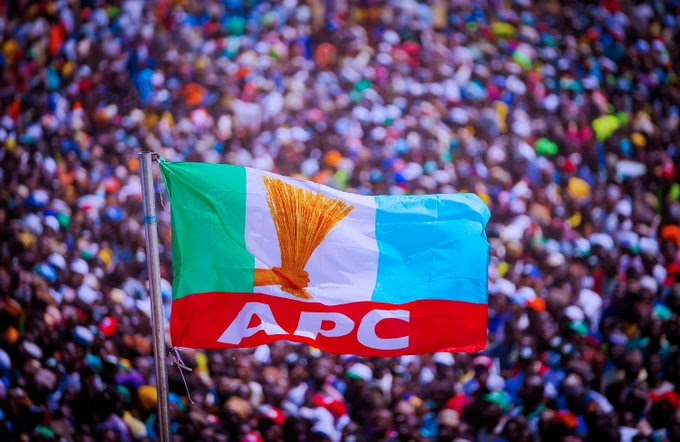Literary Review
Fondly called Di Poet, Eriata Oribhabor is a poet, Rotarian, senior citizen, essayist, editor, social commentator, literary activist and publisher at Something for Everybody Ventures (SFEV), an arm of Eriata Centre for Literary Education & Entrepreneurial Development. A former Chairman, Association of Nigerian Authors (ANA), Abuja Chapter, he is President/curator Poets in Nigeria (PIN) Initiative, a foremost literary promotion platform for poets committed to rendering selfless creative services to society via the philosophy of poetry for service.
Eriata started writing poetry in Nigerian Pidgin with several books to his credit, alongside others in conventional English language. His first collection of poetry in Pidgin is Abuja Na Kpangba and Other Poems followed by Good Old Naija, Mek We Yan and One for di Road respectively. Also in the language, he has edited “If You Hear Sey I Dey Prison and a book of short plays, Amebo Yard. Eriata’s first collection of poems written in English is Crossroads and the Rubicon. The author of over thirty books speaks on many milestones achieved in literature in this interview with Henry Akubuiro.
Last year, you made the headlines when you organised a three-city launch of your new books, which took place between April 22, 2023 – May 20, 2023, what’s the idea?
Having started my life in Warri, worked in Kaduna, Abuja and retired in Lagos, I have been promoting poetry across the country, working and writing at the same time. All my life, I have been largely involved in promoting others against myself. It was only in 2019 that I published three of my books. When I turned 60, I felt it was proper to celebrate my birthday and unveil all the books I had written. Many of them were on my laptop. From 2022, I started putting them ready to make it easier for me to publish them at 60. The good thing is that my family and friends sponsored it in an unprecedented way. It’s rare to see an author launch a book in more than one space in Nigeria.
You have many published books, what keeps you going in a country where reading culture is said to have gone down?
It’s the passion to impact society. I always believe that, if I have something to pass on to society, it should be in the book. That’s the only space I have. If I have that book and it’s not read now, the country won’t remain the way it is forever. What we are suffering today is bad leadership. If a better government comes in and decides to turn things around, people will be surprised that the reading culture we say is not encouraging will change.
Back in 2012, we started talking about the reading culture not being encouraging and, today, we are still saying the same thing. But there has to be interventionists. People must come in to stand the gap for society. I think that’s what we are doing to ensure society benefits from it.
Do you break even from writing with the volumes of works you have published so far?
I will say no, because, in the first place, I am not writing for money making. If it was finance that would drive my interest in writing, I wouldn’t be writing. I was lucky to have been working and receiving my salaries, which I was using to drive my passion. If the money comes through the books, I will be so glad.
You are versed in writing in English and pidgin, which is your best medium?
To look at it from the point of favourite might not be able to answer the question correctly. I was born and brought up in Warri where Pidgin was my functional language of contact and English happens to be the official means of communication in Nigeria. But at a point in time when I must have left Warri, I said to myself the only way I could continue to keep that language alive, documenting as its words and phrases were disappearing by the day was to write in Pidgin. At the time I started writing in pidgin, a lot of people were saying, “How can somebody who is writing in pidgin wants to be the chairman of the Association of Nigerian Authors (ANA)? So I started writing in English. But Pidgin is that language I love writing in, because, when I started, it was like a joke to many, which challenged me to write in it and also in English. Today, I have written four books in Pidgin and it’s been referenced all over. I have not deliberately started promoting my works, but I know, when I do, it will be well received all over the country and beyond.
Have you influenced other writers in Pidgin?
Yes, a lot of people. Sometimes they don’t tell you until you come in contact with them and they tell you they were influenced by you. The internet has been a huge support and advantage for us. We met a lot of ourselves on the internet. From what we write, a lot of people get mentored and inspired to write. Few days ago, one of the coordinators of the Pidgin contest taking place in October in Kano said the first day he saw my book, he had been wanting to talk to me. He told me his thesis in Pidgin at the University of Ibadan was inspired by me. I have supported masters and PhD students in universities with materials. I have also edited anthologies and dissertations for students writing on something related to Pidgin.
Recently, the Genti media organised a language conference where I also presented a paper on pidgin. Years back, the BBC organised the first essay competition, of which I was one of the judges, composed of Salamatu Sule and professors from Ghana and Cameroon. Also, last year, I was the lead judge for the first Genti media essay competition in pidgin. We have been doing something quietly in Pidgin, and I believe that the next Pidgin conference in Ibadan, “Naija na Halele”, will make a statement. It’s being conveyed by Professor Egbokhare.
Do you still hold the view that Pidgin should be an official Nigerian language?
When it is officially recognised by the government, it will have more weight in terms of being used in schools and literarary endeavours.
In a country like Sierra Leone, Creole, which is the same thing as Pidgin, is accorded an official status. How should the government do more for the development of the language in Nigeria?
Enough attention needs to be given to Nigerian pidgin, because it’s the heart and soul of communication in Nigeria. The issue of Wazobia is neither here nor there. The Igbo man will hold his language dear. The Yoruba will hold his language dear and the Hausa man will hold his own language dear. The only bridge for these three major languages and more than 500 other languages in Nigeria is Pidgin. Whether the government likes it or not; whether the promoters of Nigerian language policy likes it or not, Pidgin will take its place in Nigeria.
The paper I presented at the Genti media language conference was entitled “Naija Pidgin: How E be”, in which I personified Nigerian Pidgin telling people, “Look at me, Nigerian Pidgin; how una see am now? Una dey fight me. Una dey do dis and sat, how e be?” It was well received. I gave reasons why Nigerian Pidgin should be an official language in this country. It’s being used in everyday communication and in the media. When I presented a paper in South Africa, in 2011, “Nigerian Pidgin English: Its Use in the Media”, and so on, a white lady asked me whether Nigerian Pidgin was being used in the media, to which I said yes. Then she said it should be made official. Nigerian Pidgin is used everyday – on billboards, radio, televisions, and other places.
You have been involved in the promotion of poetry in Nigeria using the vehicle of PIN (Poets in Nigeria) initiative. How has the journey been?
The journey has been exciting. Promoting poetry is promoting life. Much more interesting to the extent that many younger people who never thought they would write poetry are writing poetry. Many younger people who never thought they would meet renown names are meeting them just because they are writing poetry or among the vanguard of poetry promotion in Nigeria. PIN has a philosophy that says “Poetry for Service”. From the beginning, I have seen poetry as a vehicle to promote causes, which is to use poetry to serve society. That is what it has been.
Remember, we are the initiator of the Poetry Festival Calabar and several initiatives that stand on their own. We talk of PIN 1O Day Poetry Challenge, PIN Food Poetry, PIN Photo Poetry, and others. We have a PIN website. We have been doing this to help society. The journey has been very exciting. Poets in Nigeria will be marking ten years, and we are going to celebrate. We are going to showcase all our competition winners, top tens and different anthologies. It’s been exciting. The only drawback has been the funding. We have never gotten international support but a few local support, including from the Grand Patron, Prince Yemisi Shylllon, who has dedicated himself to support whenever we are having programmes. We just need two-three people who will support us, because it’s very difficult to get support from the government.
Why is it so?
It’s worrisome. I think we have to start holding courses and special training for officers managing key positions in blue chip companies so they will also know what creativity is all about. It is not that you must make money by promoting creativity. You see it as your contribution to society. That’s why we have to give it to Providus Bank, which has been sponsoring World Poetry Day for almost five years now.
Sorry to say, we have myopic leaders in Nigeria who do look at the bigger picture. Majority are not also sensitive to the role of creativity in the scheme of things. We also have departments of governments that are supposed to be sponsoring these things, but they are rather the ones handling them by themselves. It makes things difficult. Functional literary bodies are not getting the funds. In the US, do you hear that the government is physically organising literary or arts events? They rather go through functional literary arts bodies. This is what the government should be doing. You can’t create a ministry of arts, culture and creativity and, at the end of the day, you are organising events. The ministry should be funding different bodies already existing to carry out these functions. Our leaders actually need reorientation on how these things work.
Soon, you will be assuming the mantle of leadership as the president of Rotary Club of Ikate, Surulere…
Rotary is an international non governmental organisation dedicated to promoting better living all over the world. As a Rotarian, the first thing I will do is to look at the seven focus areas of Rotary – supporting education, child and maternal healthcare, disease control, environmental support, advocacy and things like that. I will work with my team to see that we impact positively on the community. My own club falls under District 9112. This year, we renovated and stocked a library in Surulere with books, in partnership with Rotary Club of Madras City Temple in India.


